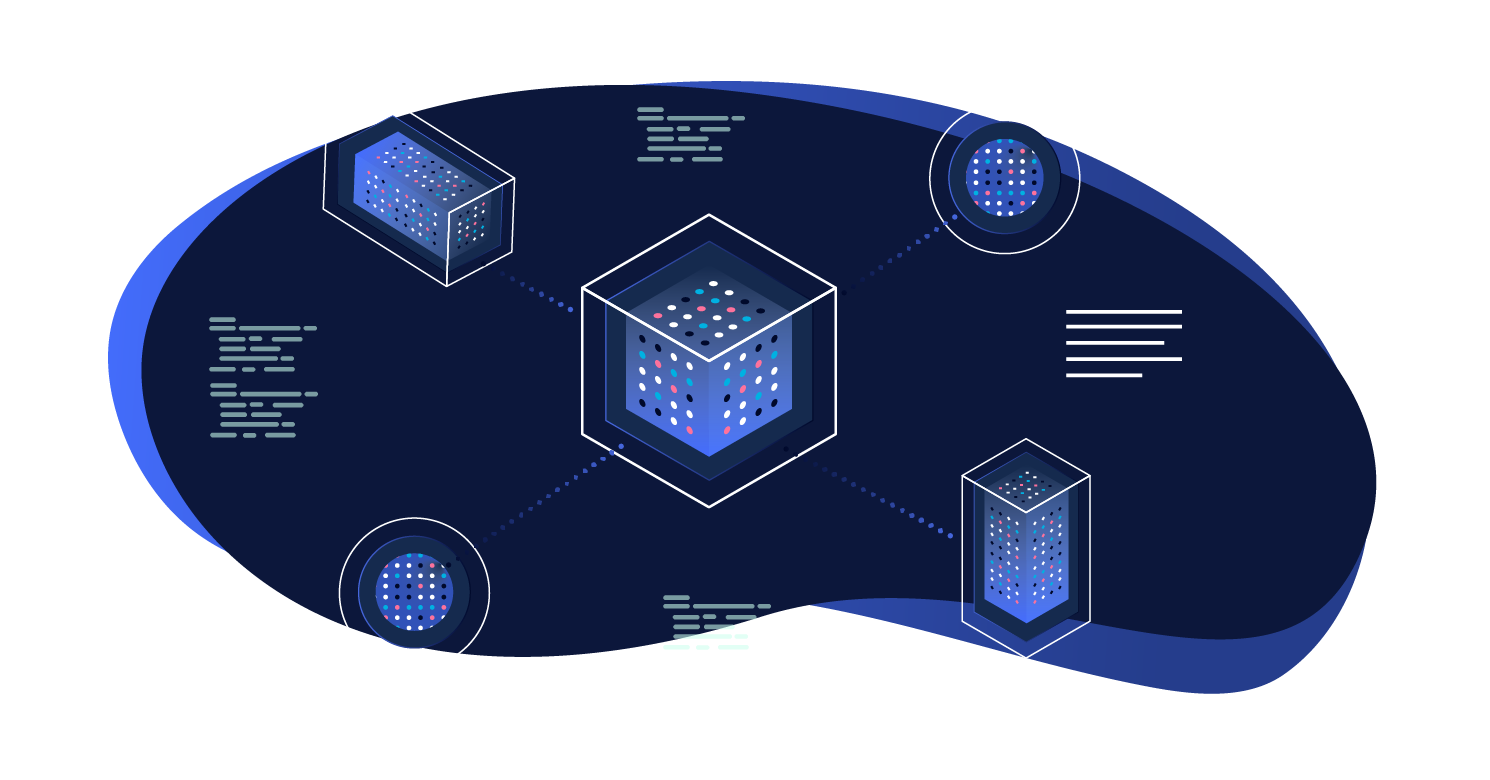Core

The core module provides the entry point for platform code. It includes functionality for retrieving information about the current environment, the module registry, plus parsing and reading the project configuration.
Note: all functions documented below are under the Altis namespace.
Environment
The following functions are available to use at any point on or after the altis.autoloader_loaded action.
get_environment_name() : string
Returns the current hosting stack name based on the HM_ENV constant. On local setups this will return unknown.
get_environment_type() : string
Returns one of local, development, staging or production. This is read from the HM_ENV_TYPE constant except on local setups.
get_environment_region() : ?string
Returns the current AWS application's region based on the HM_ENV_REGION constant. On local setups or if the region is not set this will return null. The region can be us-east-1, ap-northeast-1, eu-central-1 etc.
get_environment_architecture() : string
Returns the current server architecture, currently this is one of ecs or ec2. ec2 is the legacy architecture while ecs is the new container based system.
get_environment_codebase_revision() : string
Returns the current revision of the codebase deployed to the current environment. This will be the GIT commit hash of the latest commit that was deployed in the most recent deploy.
AWS SDK
The AWS SDK is always available and preconfigured with the necessary credentials on all non local servers. Access to additional APIs can be requested if needed.
get_aws_sdk() : Aws\Sdk
Returns an instance of the base AWS SDK with preconfigured credentials.
The credentials can be supplied by providing the modules.core.aws setting in the configuration. It's recommended that this be done only for the local environment:
{
"extra": {
"altis": {
"environments":{
"local": {
"modules": {
"core" : {
"aws":{
"region": "us-east-1",
"key": "xxxxxxxxxxxxxxxxxxxx",
"secret": "xxxxxxxxxxxxxxxxxxxxxxxxxx"
}
}
}
}
}
}
}
}
The AWS SDK can be also configured in code by using altis.aws_sdk.params filter which is called right before the global instance of the AWS SDK is created.
Note: this filter can only be used in the bootstrap function of an Altis module as it's called very early in the loading process.
add_filter( 'altis.aws_sdk.params', 'aws_sdk_params' );
function aws_sdk_params( array $params ) : array {
$params['region'] = 'new_region';
return $params;
}
Autoloader
For convenience, an autoloader which follows the WordPress class file naming standard is available. This can be used in code following the WordPress file naming standards; if using PSR-based standards, we recommend using the Composer autoloaders instead.
register_class_path( string $prefix, string $path ) : void
Registers the given prefix to be autoloaded from the given path. The prefix can either be a legacy-style class prefix (e.g. Altis_CMS_) or a namespace (e.g. Altis\CMS).
Classes are mapped to paths through the following process:
- The prefix is removed from the class name
- The class name is lower-cased
- If the class name contains namespace separators, these are converted to directory separators
- Underscores in the class name (but not the parent namespace) are converted to dashes
- The name is prefixed with
class-
For example, with register_class_path( 'Altis\CMS', '/dir' ), the class Altis\CMS\Alpha_Beta\Gamma_Delta would be expected to live at /dir/alpha_beta/class-gamma-delta.php.
Configuration
The configuration for the project determines which modules are loaded and how they behave. It can also be used for arbitrary project configuration.
Functions
get_config() : array
Returns the complete configuration for the project including modules and their defaults and any overrides from the root composer.json configuration.
Filters
These filters are intended for use by autoloaded files in modules and must be hooked into early. They provide a means of adding additional configuration features such as per environment overrides and configuration post-processing.
altis.config.default : array $default_config
Filters the default base config to merge defaults and overrides into.
altis.config : array $config
Filters the final config returned by get_config().
altis.aws_sdk.params : array $params
Filters the final parameters used for creating the global instance of the AWS SDK accessed via Altis\get_aws_sdk().
See the AWS SDK documentation for the full list of available options.
Modules
Note that the modules interface is intended for internal use only and is documented here for completeness.
Functions
register_module( string $slug, string $directory, string $title, ?array $default_settings, ?callable $loader ) : Module
Registers and returns a Module object. If the module setting enabled is true the loader callback will be run on the altis.modules.<slug>.loaded action hook.
This function must be called on the altis.modules.init action hook.
get_enabled_modules() : array
Returns an array of Module objects with their enabled setting set to true.
Actions
altis.modules.init
Fired after the autoloader has been included. Modules can only be registered on this hook.
altis.modules.<slug>.loaded : Module $module
Used to fire a module's registered loader callback. Receives the Module object registered with the corresponding slug as an argument.